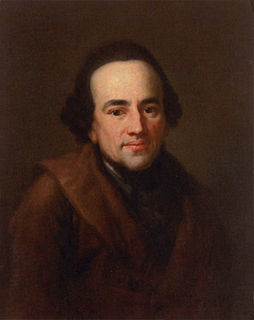A Quote by Bjorn Ulvaeus
I believe that religion should be totally separated from the state. That's not the way it is today, not even in Sweden.
Related Quotes
Today the separation of church and state is America is used to silence the church... The way the concept is used today is totally reversed from the original intent... It is used today as a false political dictum in order to restrict the influence of Christian ideas... To have suggested the state separated from religion and religious influence would have amazed the Founding Fathers.
The First Amendment...does not say that in every respect there shall be a separation of Church and State....Otherwise the state and religion would be aliens to each other - hostile, suspicious, and even unfriendly....The state may not establish a 'religion of secularism' in the sense of affirmatively opposing or showing hostility to religion, thus preferring those who believe in no religion over those who do believe.
I have always felt that many Christians, deeply sincere Christians, support the idea of separation of State and Church and the secularist in that sense as well. They believe that religion should be very much a private affair and should not be given special treatment. The State should not fund churches for example.
The cult of the omnipotent state has millions of followers in the united States. Americans of today view their government in the same way as Christians view their God; they worship and adore the state and they render their lives and fortunes to it. Statists believe that their lives - their very being - are a privilege that the state has given to them. They believe that everything they do is - and should be - dependent on the consent of the government. Thus, statists support such devices as income taxation, licensing laws, regulations, passports, trade restrictions, and the like.
How can you have the religion of the sovereign be the religion of the state if the sovereign belongs to many religions? And it's at that point, I think, historically, that you start to see people saying maybe the state should not associate itself with any religion. Maybe there shouldn't be any official religion.
I think it's alright if the government wants to say, in the state of Massachusetts, in the state of New York, in the state of California, that civil ceremonies should be accepted, I think that should be fine. I don't think that even those states that believe in civil marriages between homosexuals or ordained in a church should perform civil ceremonies.
During the first formative centuries of its existence, Christianity was separated from and indeed antagonistic to the state, with which it only later became involved. From the lifetime of its founder, Islam was the state, and the identity of religion and government is indelibly stamped on the memories and awareness of the faithful from their own sacred writings, history, and experience.
I try to practice my religion in a very devout way and follow the teachings of my church in my own personal life, but I don't believe in America, a first amendment nation, where we don't raise any religion over the other, and we allow people to worship they please, that the doctrines of any religion should be mandated for everyone.


































